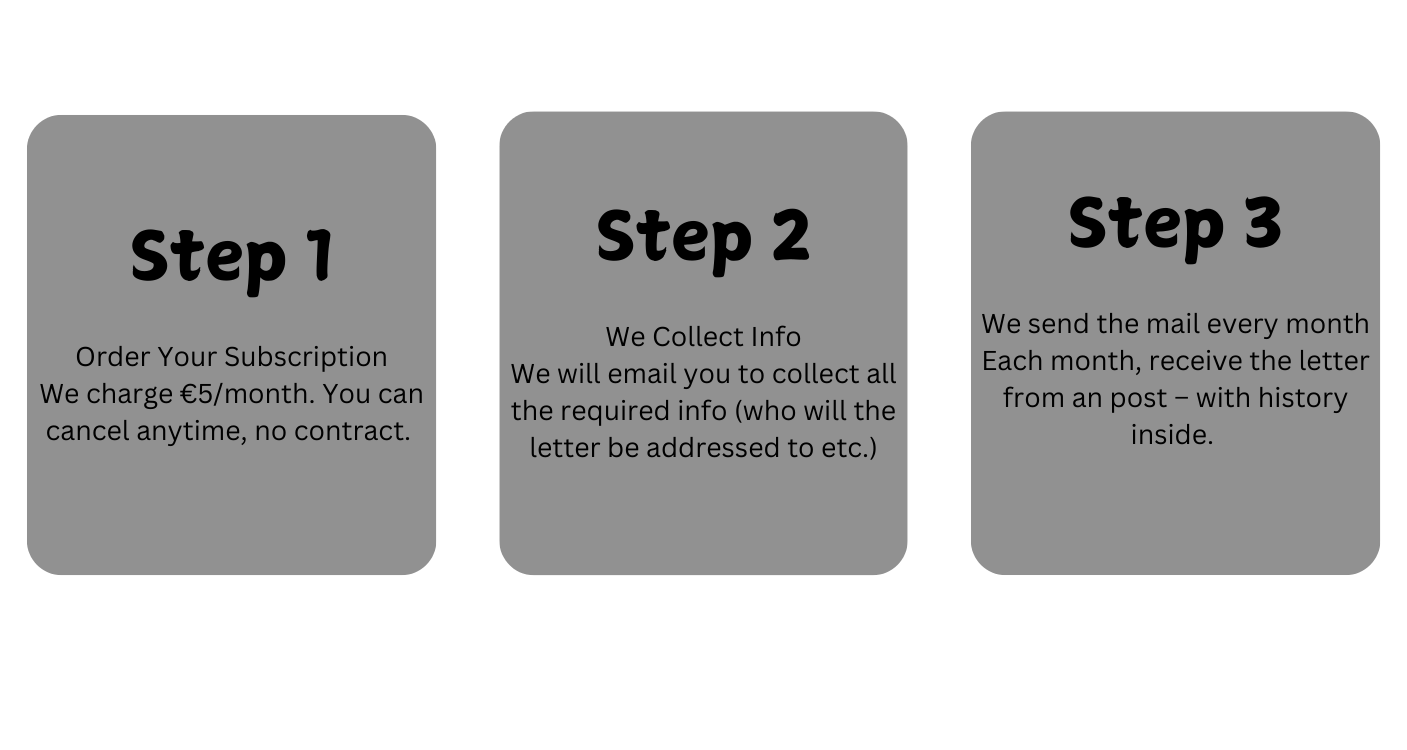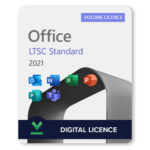Finding a job in Italy can be a challenging yet rewarding experience. Whether you’re an expat or a local, understanding the job market, leveraging the right resources, and preparing effectively can significantly improve your chances of securing employment. Here’s a comprehensive guide on how to navigate the Italian job market successfully.
Thank you for reading this post, don't forget to subscribe!Understanding the Italian Job Market
Economic Landscape: Italy has a mixed economy with significant regional disparities. Northern Italy, particularly cities like Milan, Turin, and Bologna, is more industrialized and offers more job opportunities, especially in finance, fashion, and manufacturing. Southern Italy, however, faces higher unemployment rates and limited job prospects.
Key Industries: The strongest sectors in Italy include fashion, automotive, machinery, chemicals, food processing, and tourism. Additionally, there are growing opportunities in IT, renewable energy, and startup ecosystems, particularly in cities like Milan and Rome.
Employment Trends: Networking plays a crucial role in the Italian job market. Many jobs are filled through personal connections and recommendations, making it essential to build a professional network.
Where to Look for a Job in Italy
- Online Job Portals:
- LinkedIn: Widely used for professional networking and job searches.
- Indeed Italia: Comprehensive listings of job opportunities across various industries.
- Monster Italia: Another popular job search engine with extensive listings.
- InfoJobs: A major portal with a focus on Italian companies and positions.
- Glassdoor: Offers job listings along with company reviews and salary information.
- Company Websites: Many companies list job openings directly on their websites. This is particularly common for large multinational corporations and well-established Italian companies.
- Recruitment Agencies: Agencies like Adecco, Manpower, and Randstad can help match you with suitable job opportunities. They often have exclusive listings and can provide valuable guidance.
- Networking: Attend industry events, seminars, and job fairs. Joining professional associations and groups related to your field can help you meet potential employers and industry peers.
- University Career Services: If you are a student or recent graduate, leverage your university’s career services. Many universities have partnerships with companies and can provide job placement assistance.
Job Boards:
- Subito.it: Popular classifieds site with job listings.
- Bakeca.it: Similar to Subito.it, with a wide range of job ads.
Social Media:
- Join Facebook groups and other social media communities focused on job searching in Italy.
Local Newspapers: Major newspapers like Corriere della Sera, La Repubblica, and Il Sole 24 Ore often have job sections, both online and in print.
Preparing for the Job Hunt
CV and Cover Letter: Tailor your CV to the Italian job market, emphasizing relevant experience and skills. Your cover letter should be concise and customized for each application, highlighting why you are a good fit for the specific role.
Language Skills: While many multinational companies use English, proficiency in Italian is crucial for most jobs. Consider taking language courses or certification exams (e.g., CELI, CILS) to demonstrate your language skills.
Interview Preparation: Understand Italian business culture and etiquette. Punctuality, formal attire, and a respectful demeanor are essential. Be prepared to discuss your experience in detail and demonstrate your enthusiasm for the role and company.
Conclusion
Finding a job in Italy requires a strategic approach, a good understanding of the market, and leveraging multiple resources. From utilizing online job portals and networking to preparing a standout CV and mastering Italian, each step brings you closer to your goal. Despite the challenges, Italy’s rich culture, diverse opportunities, and vibrant lifestyle make it a rewarding place to build your career.
 Categories
Categories
 Discover Italy
Discover Italy
 Life
Life
 Travel
Travel
 Nature
Nature
 Explore Food
Explore Food


























